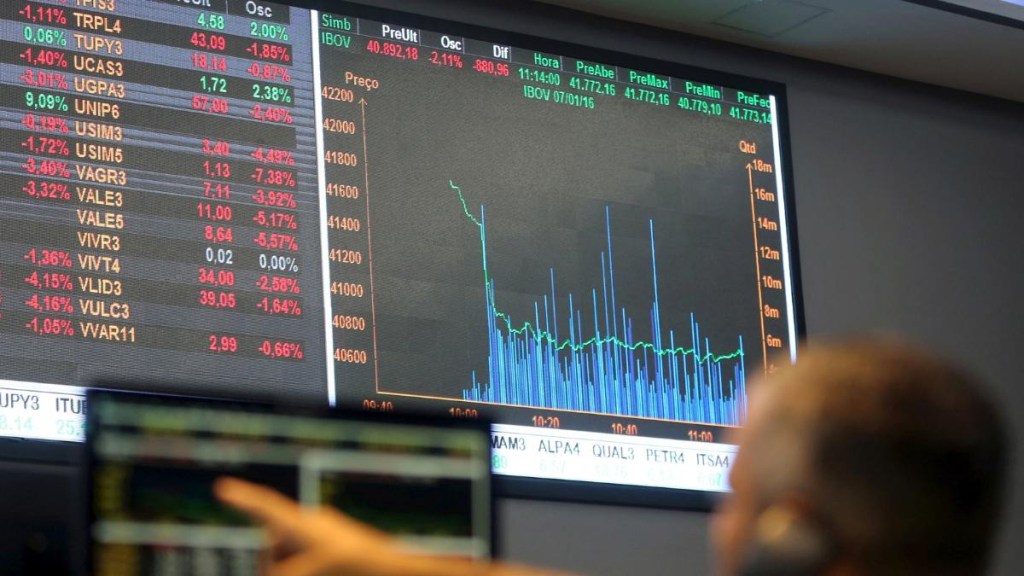Foreign institutional investors (FII) purchased shares worth net Rs 456.21 crore, while domestic institutional investors (DII) added shares worth net Rs 8.53 crore on October 20, 2023, according to the provisional data available on the NSE.
“Flows from foreign institutional investors are expected to remain volatile on increasing concerns about elevated global interest rates, rising energy prices, and a mixed set of corporate earnings print in Q2FY24 so far. Heightening geopolitical tension in the Middle East and US Federal Reserve hinting at more rate hikes may see treasury yields staying higher, which could prompt further foreign fund outflows from emerging markets, including India,” said Shrikant Chouhan, Head of Equity Research (Retail), Kotak Securities.
For the month till October 19, 2023, FIIs sold shares worth net Rs 13,867.93 crore while DIIs bought shares worth net Rs 11,875.27 crore. In the month of September, FIIs offloaded shares worth net Rs 26,692.16 crore while DIIs added equities worth a net Rs 20,312.65 crore.
“FPIs have been selling across the board in sectors like financials, power, FMCG and IT. Selling was subdued in automobiles and capital goods. They were buyers in telecom. The primary reason for the sustained selling was the sharp spike in US bond yields which took the 10-year yield to a 17-year high of 5% on 19th October. If the safest asset class in the world, the US bond, yields around 5% it is rational for FPIs to take out some money. It is important to note that the FPI selling is not large. This means, when the tide turns, capital outflows will be reversed,” said V K Vijayakumar, Chief Investment Strategist at Geojit Financial Services.
“Another important feature of FPI investment is the increasing inflows into the debt market. There are many reasons for this. One, FPIs are diversifying their investment amidst global uncertainty and weakness in the global economy. Indian bonds are giving good yields and INR is expected to be stable given India’s stable macros. Another factor is the inclusion of India in the JP Morgan Global Bond Index. Some FPIs are preempting the Indian bond buying by the major buyers. Above all foreign investors now perceive India as the most stable emerging market with the best growth story,” V K Vijayakumar added.
Previously on Friday, the NSE Nifty 50 fell 82.05 points or 0.42% to settle at 19,542.65, while the BSE Sensex shed as much as 231.62 points to 65,397.62. The broader indices ended in the red, with Midcap stocks leading the losses. The Bank Nifty index shed 31.45 points, or 0.07% to settle at 43,723.05. The other sectoral indices also settled in the negative territory except for Private Bank.
Foreign institutional investors (FII) or Foreign portfolio investors (FPI) are those who invest in the financial assets of a country while not being part of it. On the other hand, domestic institutional investors (DII), as the name suggests, invest in the country they’re living in. Political and economic trends impact the investment decisions of both FIIs and DIIs. Additionally, both types of investors – foreign institutional investors (FIIs) and domestic institutional investors (DIIs) – can impact the economy’s net investment flows.
